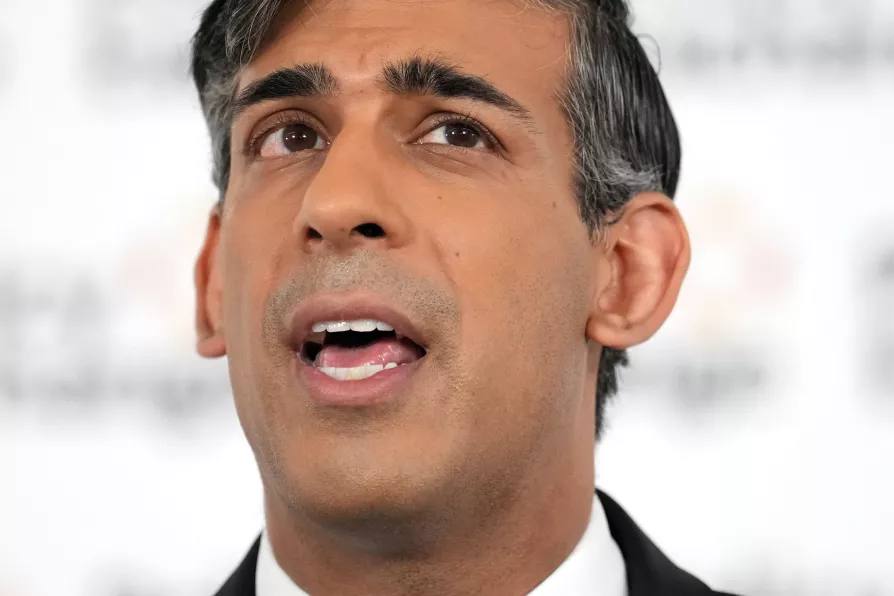NICK TROY lauds the young staff at a hotel chain and cinema giant who are ready to take on the bosses for their rights
Oddly enough, the Prime Minister is right
Even if his rationale is awry, Sunak is correct to say that Britain is entering an increasingly dangerous era, writes ANDREW MURRAY


SINCE a stopped clock tells the correct time twice a day, we may allow that sometimes Rishi Sunak says something correct, even if his motives and analysis are entirely flawed.
So it is with his pronouncement that Britain could be facing one of the most dangerous periods in its history.
Sunak’s motive for this dramatic pronouncement was to create a clear dividing line with Keir Starmer, asserting that only the Tories could be trusted to navigate the looming storm.
Similar stories

With Mandelson and Farage galloping into 2025 via Mar-a-Lago and wherever else a land-hungry Trump takes a fancy to, ANDREW MURRAY has a sinking feeling about what the next year has in store

While Starmer courts BlackRock and backs genocide, leading to despair and historically low voter turnout, the vultures of the new populist right circle Britain’s crumbling institutions, writes CLAUDIA WEBBE

From boozy banker renegade to man-of-the-people populist, Farage’s evolution continues — if he can win constituencies like the Welsh mining areas, the left will need new and better answers, writes ANDREW MURRAY











